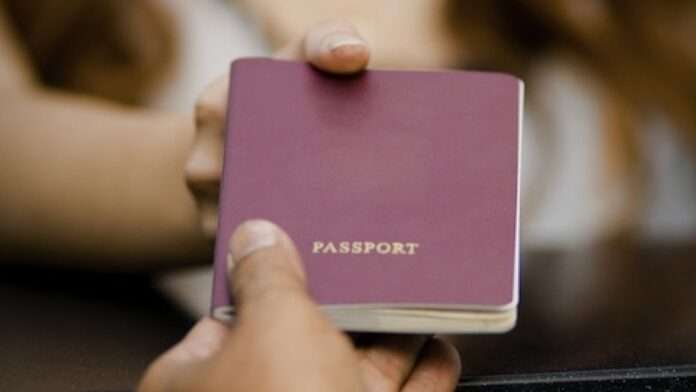The first is a new rule in India. Although it was presumably designed to increase taxes for the Indian government, it will also tend to limit one small segment of Indian migration to the United States
There are a number of nations around the world and sometimes their immigration policies are either good examples for the US, or otherwise helpful to America. Here is an example of each, with India playing a direct role in one, and an indirect role in the other, reported cis.org (Center for Immigration Studies).
The first is a new rule in India. Although it was presumably designed to increase taxes for the Indian government, it will also tend to limit one small segment of Indian migration to the United States.
What the Indian Central Bank has done, according to a news site that serves the US EB-5 industry is to levy a substantial tax on EB-5 investments made by Indian nationals in an effort to secure green cards in this country. The tax rate for this used be 5 percent. It is now a nominal 20 percent rate, but in reality, a 25 percent tax as explained below. Thus an $800,000 EB-5 stake will now cost the investor $1 million; presumably that will tend to discourage such investments that result, for the States, in a needless if small flow of migrants.
-
Critics of the UK scheme call it a “backdoor to immigration”. The indirect connections of the Brit programme to India are dual
-
First, the largest portion of users (41 percent) of the programme are from that country
-
Secondly, the Home Office secretary making the suggestion is Suella Braverman, a descendant of Indian immigrants
Often in immigration matters things are defined in such a way as to achieve a desired result while camouflaging the reality. In the US, the Optional Practical Training (OPT) programme redefines alumni as “students” so that employers do not have to shoulder payroll taxes; employers are given a bonus to hire alien rather than citizen workers.
In the new, higher tax on EB-5 investments, 25 percent is defined as 20 percent, presumably to make the new rate more acceptable. According to Utsav R. Doshi, managing partner at R K Doshi & Co LLP, the proposed rule means that “one will have to make available an amount equivalent to $1,000,000 in order to enable a net-wire of $800,000. Articles written on this subject recently have stated that a sum of $160,000 will be deducted on $800,000. This is wrong,” said Doshi. “The deduction is always on a ‘gross-up’ basis. Hence, you need to make available [the Indian rupees] equivalent of US$1,000,000 in order to effectuate the net wire,” he elaborated.
Speaking of former foreign students, in the United Kingdom there is another development, which presents a possible useful precedent for our policy-makers. The British government, according to the home secretary, is contemplating the termination of its version of our OPT programme; it is called the “graduate visa”, a more honest name than our Optional Practical Training.
Under the UK programme, alien grads of a British institution, including, according to the home secretary, those who have attended “less respectable universities” get two years to work, or to look for work. No job offer is needed to get the visas.
Critics of the UK scheme call it a “backdoor to immigration”. The indirect connections of the Brit programme to India are dual. First, the largest portion of users (41 percent) of the programme are from that country. Secondly, the Home Office secretary making the suggestion is Suella Braverman, a descendant of Indian immigrants.
**************************************************************
Readers
These are extraordinary times. All of us have to rely on high-impact, trustworthy journalism. And this is especially true of the Indian Diaspora. Members of the Indian community overseas cannot be fed with inaccurate news.
Pravasi Samwad is a venture that has no shareholders. It is the result of an impassioned initiative of a handful of Indian journalists spread around the world. We have taken the small step forward with the pledge to provide news with accuracy, free from political and commercial influence. Our aim is to keep you, our readers, informed about developments at ‘home’ and across the world that affect you.
Please help us to keep our journalism independent and free.
In these difficult times, to run a news website requires finances. While every contribution, big or small, will makes a difference, we request our readers to put us in touch with advertisers worldwide. It will be a great help.
For more information: pravasisamwad00@gmail.com



